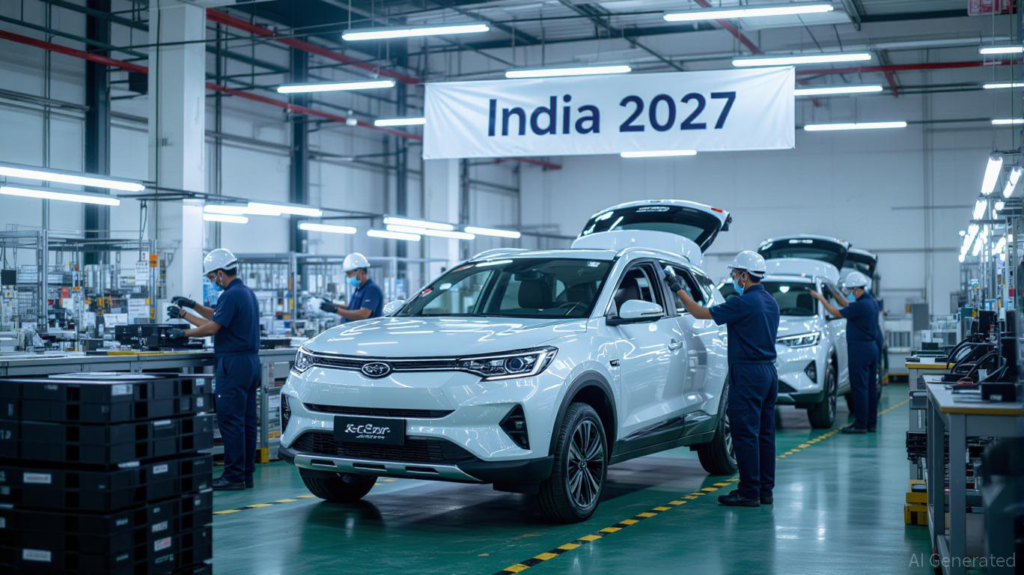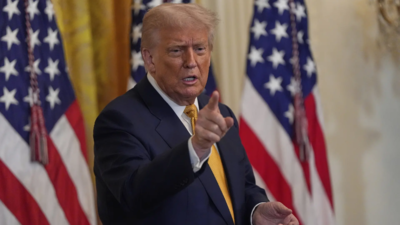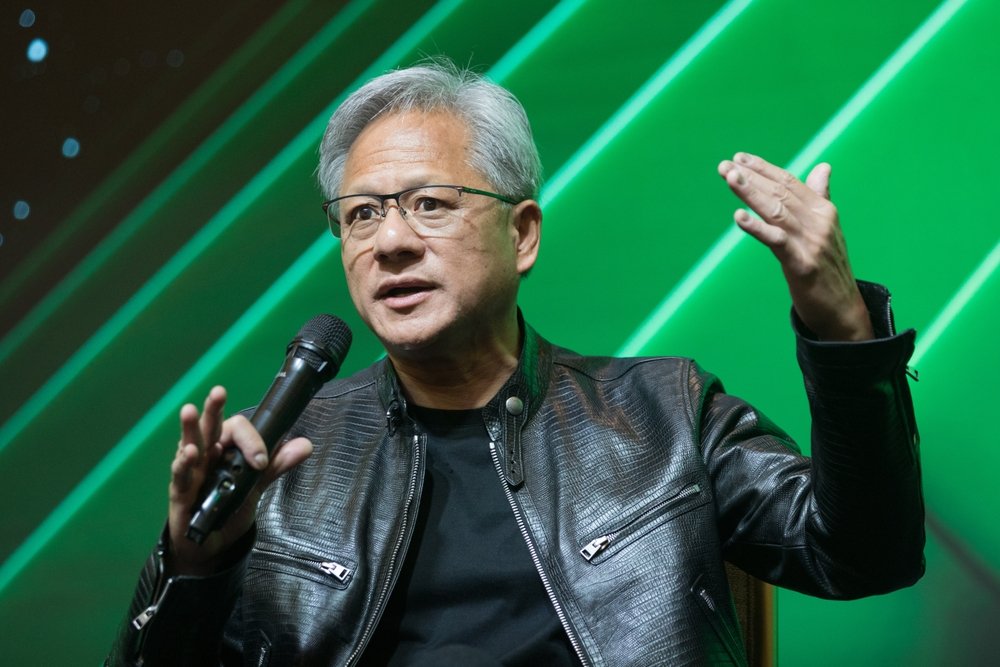Chinese Foreign Minister Wang Yi recently told EU foreign policy chief Kaja Kallas that Beijing “can’t accept Russia losing its war against Ukraine as this could allow the United States to turn its full attention to China.”
However, this statement may reveal less about China’s genuine concerns and more about its diplomatic posturing.
According to The Hill on July 25, Wang’s remarks should be viewed through the lens of strategic ambiguity — a common feature in diplomatic communication, particularly from authoritarian regimes with strong propaganda infrastructures.
His framing of the United States as China’s primary threat appears to downplay a more immediate and complex challenge: Russia.
While China indeed seeks to reduce American pressure, the US is distant and not engaged in a destructive war. In contrast, Russia—a bordering state embroiled in a prolonged war—presents both security risks and long-term complications for Beijing.
Three possible outcomes of the war in Ukraine illustrate China’s strategic calculations.
If Russia achieves a form of victory, it could embolden Vladimir Putin, validate his imperial ambitions, and potentially lead to further aggressive actions — such as confronting NATO or annexing parts of Kazakhstan.

A victorious Russia may also challenge the terms of its partnership with China, pressing for more favorable energy deals or pushing back against Beijing’s influence. This could strain the “no-limits” relationship and alter the current power dynamic.
If Russia suffers a clear defeat, internal instability could follow. According to Alexander J. Motyl, writing in The Hill, this could include elite power struggles, potential regime collapse, or even civil conflict and fragmentation of the Russian Federation.
While China might have territorial opportunities in such a scenario, they would likely be outweighed by the geopolitical instability created by a collapsing nuclear-armed neighbor.
Beijing’s most favorable outcome is neither Russian victory nor total defeat. As Motyl explains, “A war that bloodies but does not beat Russia is China’s obvious favorite choice.” A weakened Russia, locked in an unwinnable war, would remain intact but diminished — lacking the capacity to challenge Beijing and increasingly dependent on Chinese economic and political support.
According to The Hill, such a scenario would also serve the interests of the US, Europe, and Ukraine. While not their optimal outcome, a severely weakened Russia aligns with broader Western objectives of regional stability without direct escalation.
This suggests a rare convergence between Chinese and Western strategic interests. As Motyl concludes, “The US should actively pursue what China wants: a weak Russia.” Supporting Ukraine’s defense against Russian aggression may offer Washington a path to achieving this shared goal.
Whether Wang Yi’s remarks were calculated misdirection or indirect signaling, China appears to favor a version of Russia that is bloodied, reliant, and firmly within its orbit.
According to analysis by political scientist Alexander Motyl, China’s ideal outcome in the war is a weakened, dependent Russia that continues to distract the United States without collapsing entirely.
Earlier, The New York Times reported that Russia’s Federal Security Service (FSB) had labeled China an “enemy” in a classified internal memo, accusing Beijing of espionage, military tech theft, and territorial ambitions in the Russian Far East—despite Putin’s public embrace of a “no limits” partnership with Xi Jinping.

Donate Towards Robots, as Well as Other Military Equipment and Supplies to Help Ukraine’s Defenders Fight Off Russian Invaders



![[News] Samsung Reportedly Weighs Carbon Fiber in Next-Gen Foldable Amid China Supply Risks](https://koala-by.com/wp-content/uploads/2025/07/Samsung-Galaxy-Z-Fold-7-20250724-624x351.jpg)



